Alpha-1 Antitrypsin Deficiency (A1AD)
What is A1AD?
Alpha-1 Antitrypsin Deficiency (A1AD) is an inherited condition characterized by low blood levels of the protein Alpha-1 Antitrysin (A1AT). The deficiency of this protein can lead to lung and liver disease as well as skin problems. A1AD is estimated to be found in 1 in 1,500-3,000 individuals of European ancestry. This condition is less prevalent in Asian and Black populations.What are the symptoms of A1AD?
The onset and severity of the symptoms of A1AD vary by the individual and areas affected. This condition can cause disease and damage in the lungs, liver and skin. Lung disease: The symptoms of A1AD lung disease usually appear between the ages of 20 and 50. These symptoms include:- Shortness of breath
- Wheezing
- Activity intolerance and fatigue
- Repeated respiratory infections
- Unintentional weight loss
- Rapid heart rate upon standing
- Development of the advanced lung disease known as Emphysema. This advanced disease leads to difficulty breathing, harsh/hacking cough and barrel-shaped chest.
- Swollen/distended abdomen
- Yellowing of skin and eyes (jaundice)
- Elevated liver enzymes
- Dark urine
- Swollen hands and feet
- Chronic itching
- Development of cirrhosis
- Increased risk of liver cancer
- Hard, painful lumps under the skin
- Skin lesions
What causes A1AD?
A1AD is caused by an inherited mutation of a gene known as SERPINA 1. This gene is responsible for the proper production of the protein Alpha-1 Antitrypsin. This protein protects the body from an enzyme known as neutrophil elastase. This enzyme is released by white blood cells to fight infection. Without enough A1AT this enzyme can attack normal body tissues such as the lungs. Abnormal A1AT protein becomes trapped in the liver leading to liver damage.What are the treatment options for A1AD?
A1AD has no cure. Treatment is currently directed at the related lung disease. These treatment options include:- Medications known as inhaled bronchodilators and steroids to open airways
- Flu and pneumonia vaccines to help prevent lung infections
- Early diagnosis and treatment of lung infections
- Supplemental oxygen
- Lung rehabilitation to assist in increased lung function
- Lung transplant if the individual is a candidate
Where can I find more information on A1AD?

Check Out These Cool Alpha-1 Antitrypsin Deficiency Awareness Events and Fundraisers
Kamada’s New Alpha-1 Antitrypsin Deficiency Treatment is Not EMA Worthy Alpha-1 Antitrypsin Deficiency Pharmaceutical Company Appoints New Chief Medical OfficerAlpha-1 Antitrypsin Deficiency (A1AD) Articles
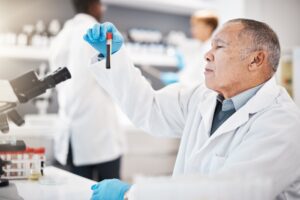
The First Clinical Trial for RNA Editing Begins in the UK
Rose Duesterwald
February 28, 2024
Read More »
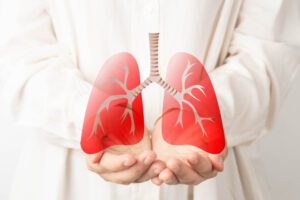
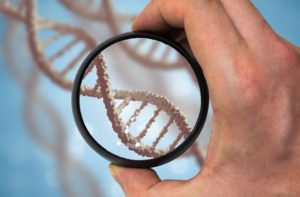
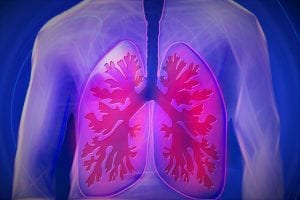

Experimental Treatment for Alpha-1 Antitrypsin Deficiency Earns Fast Track Designation
James Moore
November 2, 2022
Read More »


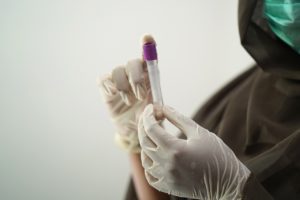
Results From This Study are Encouraging for Alpha-1 Antitrypsin Deficiency Liver Disease
Rose Duesterwald
July 21, 2022
Read More »






